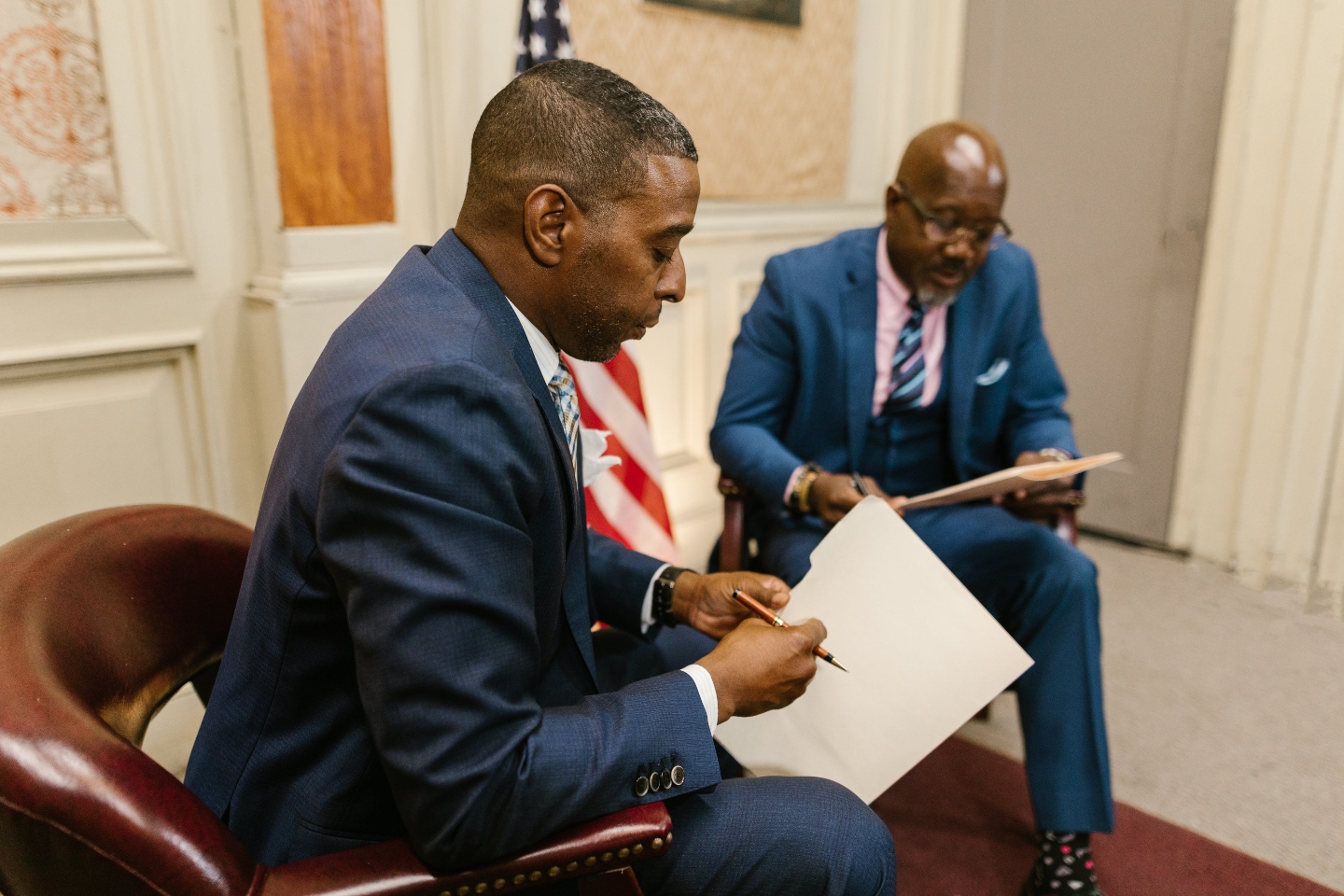
According to Psychology Today, trust is a mental attitude toward a proposition that someone is dependable. Stated differently, it’s a feeling of confidence and security that a partner cares. Therefore, trust is a complex process binding emotions and attitudes vital to our most basic negotiation skills.
During negotiations, trust allows us to cope with risk in a way that drives toward a goal. As opposed to sophisticated styles and techniques, the most important thing participants can bring to a negotiation is trust. It's an emotion that is incredibly powerful and a natural part of human relations.
Basic Negotiation Skills Involve Building Trust on the Fly
Rarely will we be able to choose our negotiating counterparts. Warming a partner with shared information or flattering remarks is not guaranteed. Therefore, our toolkit should include bargaining skills and tactics for building trust while in the throes of discussion.
The Accidental Negotiator suggests building rapport before negotiating. Rather than exchanging emails, they recommend meeting for an informal lunch and letting casual small talk forge a personal connection. Also noted is that people tend to respond to others’ actions with similar reactions; cooperation and respect can be contagious.
Other suggestions for building trust on the fly:
Establish a “Trust Default."
As talks begin, take time to discuss ground rules, including basic good negotiation skills and beliefs of trust. Collaboration on the fundamentals can return enormous dividends as dialogues develop.
Listen, Understand, and Acknowledge Your Counterpart.
Research their culture, history and interests. Take time to understand their industry and study their language. Remember to clearly label your most important concessions in a manner that translates the true value of your gift.
Accentuate and Exploit Any Dimension of Common Ground.
Regardless of size, common ground is a valuable landmark well worth the investment needed to propagate and nurture. Beyond serving as the springboard for mutual respect, common ground sews the seeds for friendship.
Maintain a Positive Attitude and Check Your Emotions
Effective negotiation skills go beyond an agile strategy and deep understanding of your counterpart. “Success at the bargaining table requires the right mindset and a high degree of emotional intelligence.” Those words are from Matt Gavin, writing for the Harvard Business School online.
Gavin interviews Professor Mike Wheeler in an exploration of emotions in dispute resolution. Wheeler studied seasoned professionals and their feelings about negotiations. His research revealed their mixed and conflicted thoughts, including:
- Anxiety over unknowns
- Self-doubt about performance
- Pessimism regarding trustworthiness
Surprisingly, Wheeler learned that handling anxiety is critical to achieving success. It seems that the professional mindset turns the adrenaline of fretfulness into excitement. “Instead of working hard to push it down, you can use it as excitement and engagement.”
Similarly, managing emotions is a critical part of negotiating skills as demeanor and behavior can impact the other party. It’s true that you cannot control others’ behaviors but only your reactions to them. Significantly, your own self-awareness can alert you to early signs of annoyance.
Here are some tips to keep your emotions in check and maintain control during negotiations:
- Ask for a recess: Proactively pause the action before you desperately need a break.
- Practice relaxation techniques: If you cannot take a break, practice deep breathing to regulate your emotions. Lower your shoulders, ground your feet and center yourself.
- Change up the conversation: If the conversation is going nowhere, switch from fine details to broad concepts. Review areas of common ground or present a hopeful outlook for resolution.
Establishing trust with the other side of the table is one of the fundamental basic negotiation skills. These steps allow us to build the trust needed to create a deal that we can live with. Take the time to develop trust and every negotiation will go much smoother.
Photo by RDNE Stock project on pexels.com.
